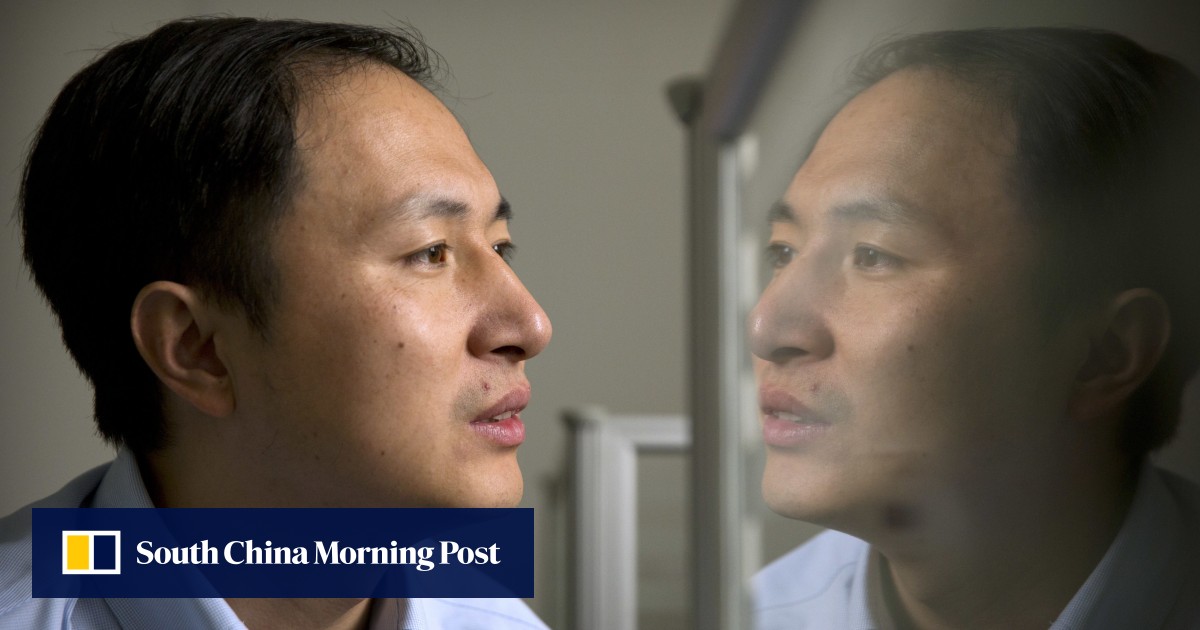Magecastle
Wolf of the North
- Pronouns
- He/Him
- TNP Nation
- Magecastle Embassy Building A5

Regulating Medical Genetic Modification
Category: Health | Area of Effect: Healthcare
Proposed by: Walfo | Onsite Topic
Note: Only votes from TNP WA nations and NPA personnel will be counted. If you do not meet these requirements, please add (non-WA) or something of that effect to your vote.The World Assembly,
Aware of the advancement of medical technologies making it possible to alter a living person's DNA to treat or even cure diseases and disorders caused by malfunctioning genes,
Worried that such relatively new technology might be adopted prematurely by medical professionals, for such reasons as greed or personal gain, or pressure on the scientific community by the uninformed authorities, which could lead to unwise or unsafe applications of genetic modification,
Thus wishing to set an international standard of minimum safety requirements for medical genetic modification procedures,
Hereby,
1. For the purposes of this resolution defines genetic modification as the process of making specific changes to the genetic material of a sapient individual,
2. Requires that genetic modification procedures:
- Are as specific for their intended purpose of treatment as possible given the treating nation's level of medical science,
- Have been tested and proven to be generally safe to use for editing genetic material,
- Cause as few genetic editing errors as possible,
- Are administered by expert medical staff with adequate training on genetic modifications;
3. Encourages member nations to keep genetic treatments available and affordable to those who need them (including through subsidization if necessary).
Voting Instructions:
- Vote For if you want the Delegate to vote For the resolution.
- Vote Against if you want the Delegate to vote Against the resolution.
- Vote Abstain if you want the Delegate to abstain from voting on this resolution.
- Vote Present if you are personally abstaining from this vote.
| For | Against | Abstain | Present |
| 9 | 14 | 0 | 3 |
Last edited:


